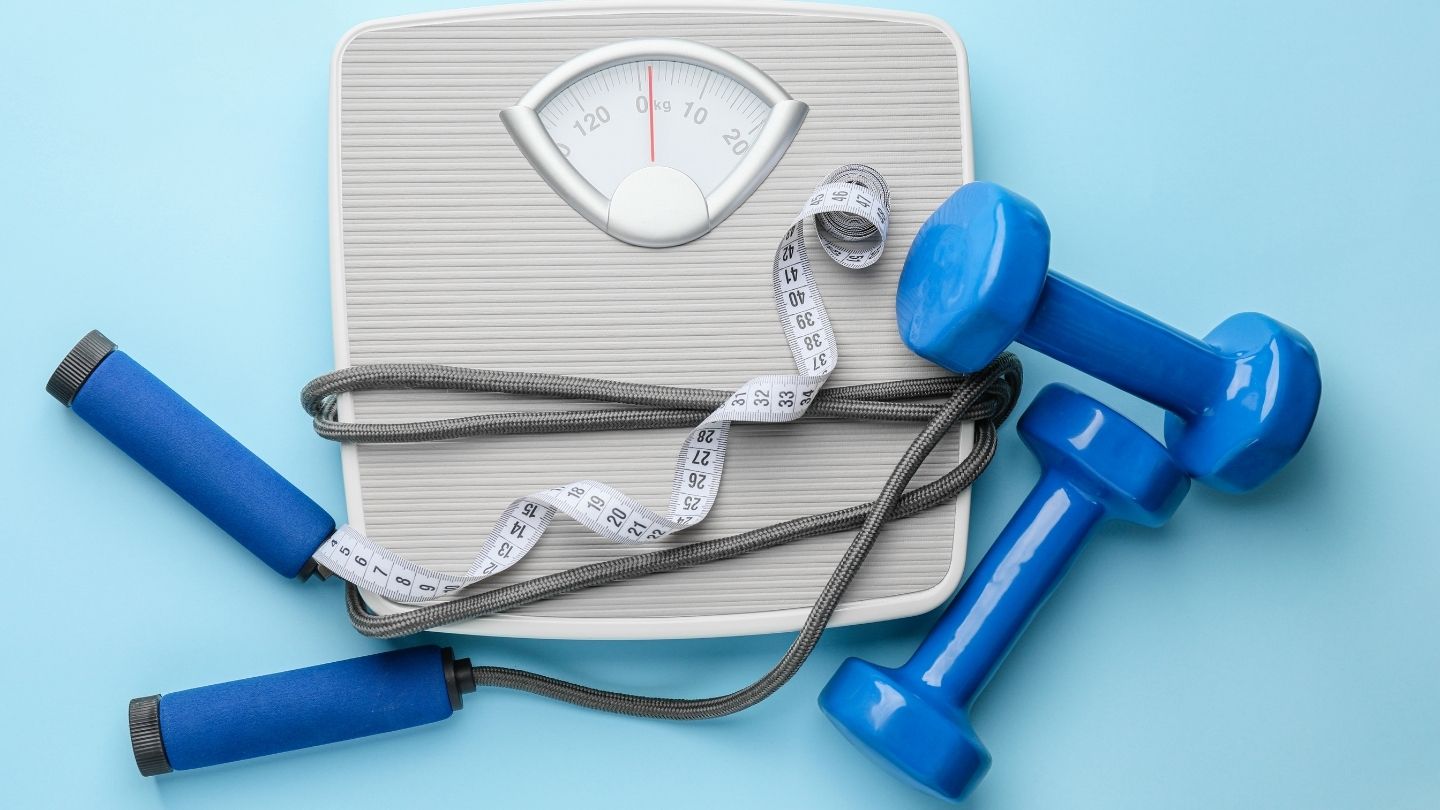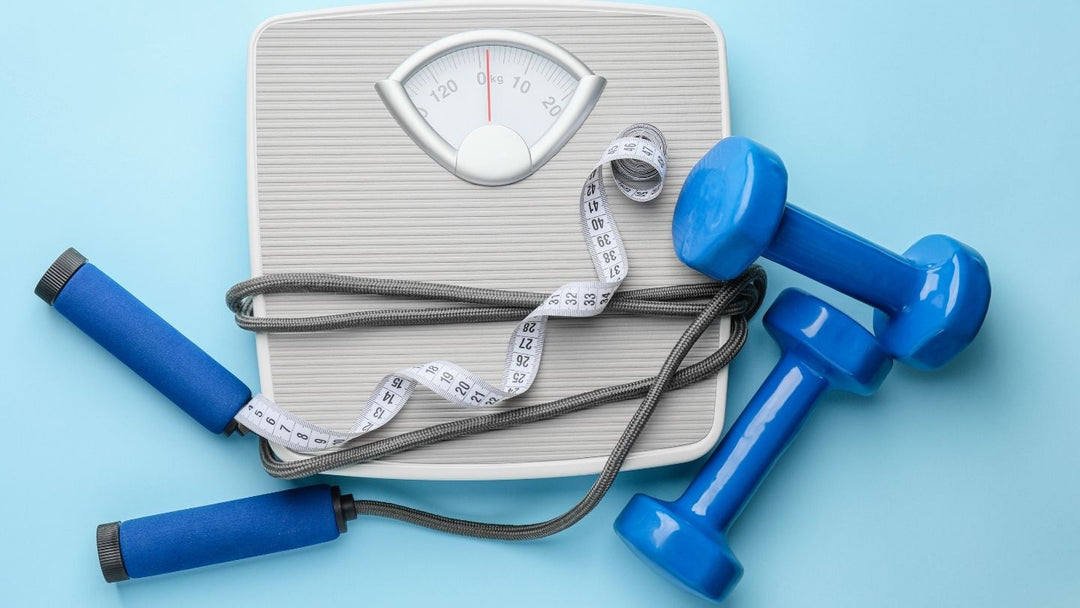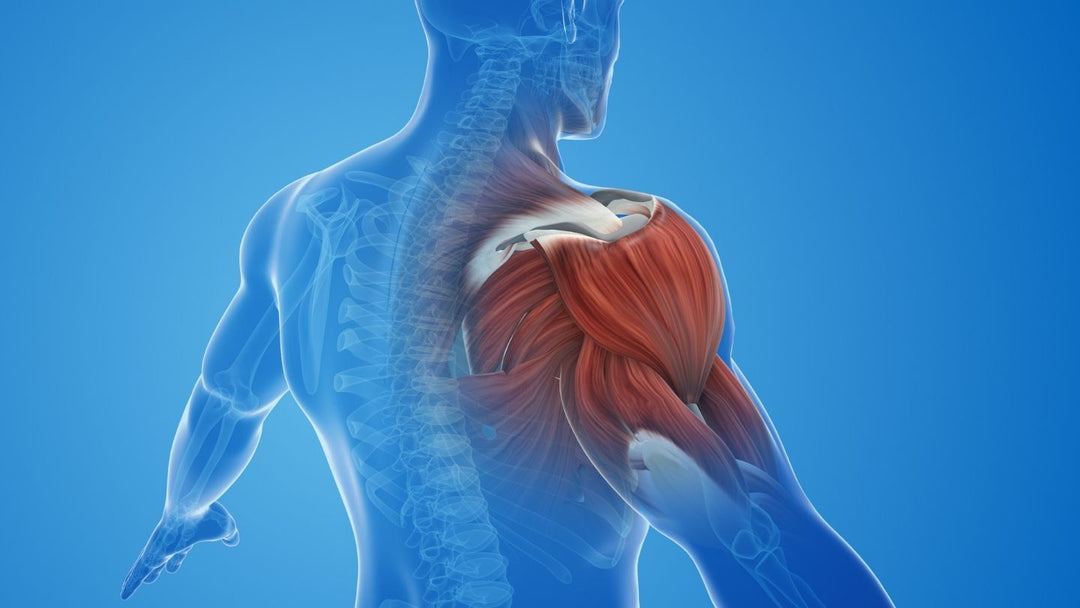The Hidden Cost of Muscle Loss: What You’re Not Being Told About Weight-Loss Drugs

Weight-loss medications like Ozempic are making waves for their effectiveness in helping people shed pounds and regulate blood sugar. But there's a lesser-known downside: muscle loss.
When the body loses weight rapidly, it often burns muscle along with fat, which can slow your metabolism and lead to long-term challenges in maintaining weight loss.
In fact, a recent study found that up to 39% of weight loss in Ozempic patients comes from muscle loss1.
Why Muscle Matters
Muscle isn't just about strength—it plays a crucial role in your metabolism. The more muscle you have, the more calories you burn at rest. When weight loss medications trigger rapid fat loss, they can inadvertently cause your body to break down muscle as well.
This slowed metabolism makes it harder to keep the weight off once you stop the medication. And that’s where the "rebound effect" comes into play—weight comes back, often faster than before, and muscle loss compounds the problem.
A Story of Rapid Weight Loss and the Rebound Effect
Let’s take Jane as an example. She started Ozempic and was thrilled to see the pounds melt away. Within months, she dropped several dress sizes and felt more energetic. But after stopping the medication, Jane noticed her weight creeping back up—despite keeping her diet mostly the same.
What she didn’t realise was that during her rapid weight loss, her body had also lost muscle, slowing her metabolism.
Now, her body needed fewer calories, making it much harder to maintain her progress. This is the hidden cost of muscle loss that many people like Jane face when using weight-loss drugs.
Protecting Your Muscle While Losing Weight
The good news? You can counterbalance muscle loss if you take proactive steps:
- Focus on Protein: A protein-rich diet helps preserve muscle during weight loss. Prioritising lean proteins ensures that your body has the building blocks to repair and maintain muscle tissue.
- Incorporate Strength Training: Adding resistance exercises, like lifting weights or bodyweight routines, helps maintain and even grow muscle, preventing the natural breakdown that can occur with weight loss.
- Support with Nutrients: Supplementing with essential nutrients, such as those found in products like GlucoBoss, helps ensure your body has what it needs to support muscle retention and overall metabolic function while on weight-loss medications.
The Big Picture: Beyond the Scale
Weight loss is a key part of improving metabolic health, but it's important to remember that long-term success requires more than just shedding pounds.
Maintaining muscle mass is critical to keeping your metabolism active and ensuring overall health. By combining weight-loss medications with healthy eating, strength training, and proper supplementation, you can avoid the pitfalls of muscle loss and set yourself up for lasting results.
References:
1. Muscle matters: the effects of medically induced weight loss on skeletal muscle
Prado, Carla M et al.
The Lancet Diabetes & Endocrinology, Volume 12, Issue 11, 785 - 787




